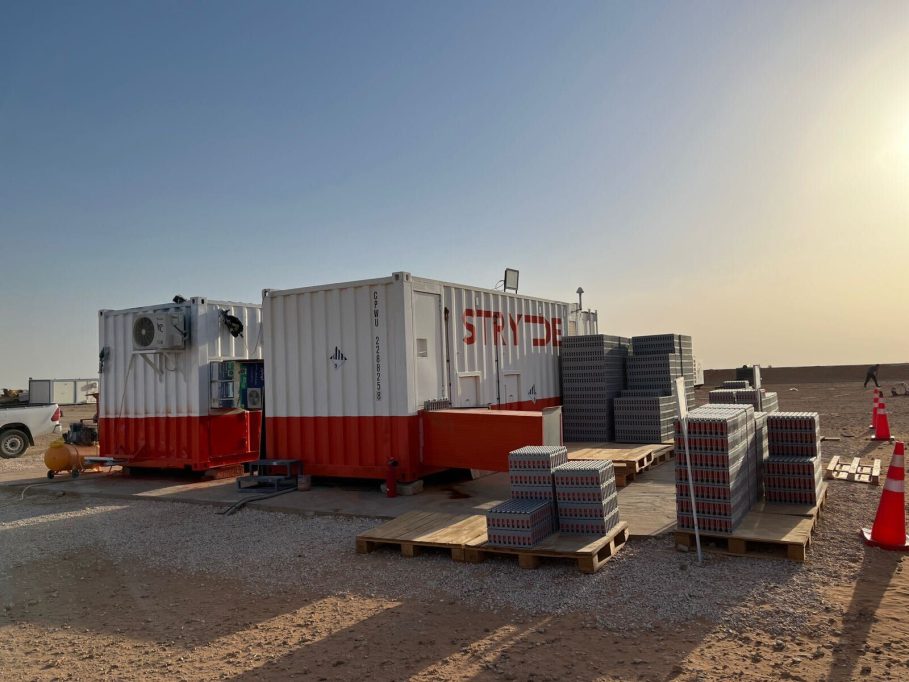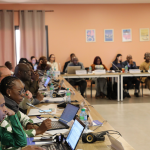StormWall, a cybersecurity company focused on DDoS protection, warns that businesses across the Gulf are being actively targeted by hackers after the submarine cable breaks on 6 September, which cut 25% of internet traffic between Asia, Europe and the Middle East.
The severing of the SMW4 and IMEWE cables near Jeddah has created a critical vulnerability on two fronts. Firstly, the region’s overall internet capacity has dropped significantly, making it much easier for attackers to launch massive DDoS campaigns that can overwhelm the connections of major targets, such as telecoms providers and data centres. This can cause collateral damage to countless businesses that rely on them.
Join our WhatsApp ChannelSecondly, many cybersecurity providers are currently unable to deliver sufficient DDoS protection due to the increased packet loss and latency to their European servers, leading to slowed-down or completely unavailable websites for their end-users.
“To be resilient, your resources and your DDoS protection must be local. This is precisely why our clients have avoided these difficulties—our protection operates locally within the region.,” says Ramil Khantimirov, CEO and founder of StormWal.
Attackers are taking advantage of this window of opportunity with sophisticated multi-vector campaigns. StormWall detected combinations of volumetric UDP/ICMP floods to saturate bandwidth alongside Layer 7 HTTP/HTTPS floods.
Notably, about 75-80% of DDoS attacks detected by StormWall after September 6 lasted under 15 minutes, most of which were very likely probes to see what online resources had lost protection.
Five sectors that are likely to be affected the most are telecom providers, government portals, online retail, banks, and entertainment platforms, Khantimirov adds. DDoS attacks can lead to downtime, causing severe financial losses for businesses — as much as $9,000 per minute for enterprises, or $5 million per hour in certain industries.
Here are the possible consequences of successful DDoS attacks by vertical. Telecom operators may experience a sudden and significant drop in the quality of their service, which could affect millions of users and enterprises that depend on their infrastructure. People might not be able to get the information and services they need from government websites, which could make the public less confident in using digital government tools. Retail businesses can face revenue losses during downtime, and customers may go to other shops instead, or face supply chain interruptions. Banks may have problems with online payments and mobile banking not working properly. This can cause panic among customers, as well as losing money and damaging their reputation. Entertainment platforms may face complaints from users and a wave of people canceling their subscriptions.
The fastest way to improve security posture is to find a DDoS protection cloud provider with active scrubbing centers in the MENA region. This ensures that traffic is filtered locally, avoiding the congested and high-latency international routes, and guarantees protection against both the increased threat of saturation attacks and the accessibility issues caused by the cable damage.












